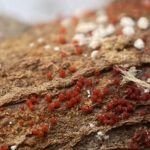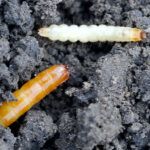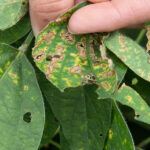New & Noteworthy
Field Insights
To Spray or Not to Spray? Not the Right Question
To spray or not to spray? It’s the age-old question all growers face: is spraying a...

Field Insights
Fungicide Timing Can Help Make or Break Yields
We've all heard it before: Timing is everything, and it couldn't be more true when considering...

Field Insights
How to Identify Common Wheat Weeds
Weed infestations in wheat crops can cause severe reductions in yield by damaging plants, out-competing for...

Field Insights
Disease Management for a Strong Tomato Crop
As we move into the latter part of the season, keep disease threats top of mind....
Field Insights

Field Insights
To Spray or Not to Spray? Not the Right Question
To spray or not to spray? It’s the age-old question all growers face: is spraying a...
Tech & Research

Tech & Research
Protecting Investments Against a Drop in Commodity Prices
Cropwise™ Commodity Pro, a new offering within the Cropwise digital portfolio, was created with growers in...
Community & Culture

Community & Culture
Elevating Diversity and Equality in Farming
The 2018 Farm Bill introduced an advocacy and policy research initiative designed to uplift a group...
Policy & Markets

Policy & Markets
Ask the Experts: What You Need to Know About Carbon Credits
Q. What are carbon credits and why are they important? A. Jason Neff, Ph.D., soil and...
Videos
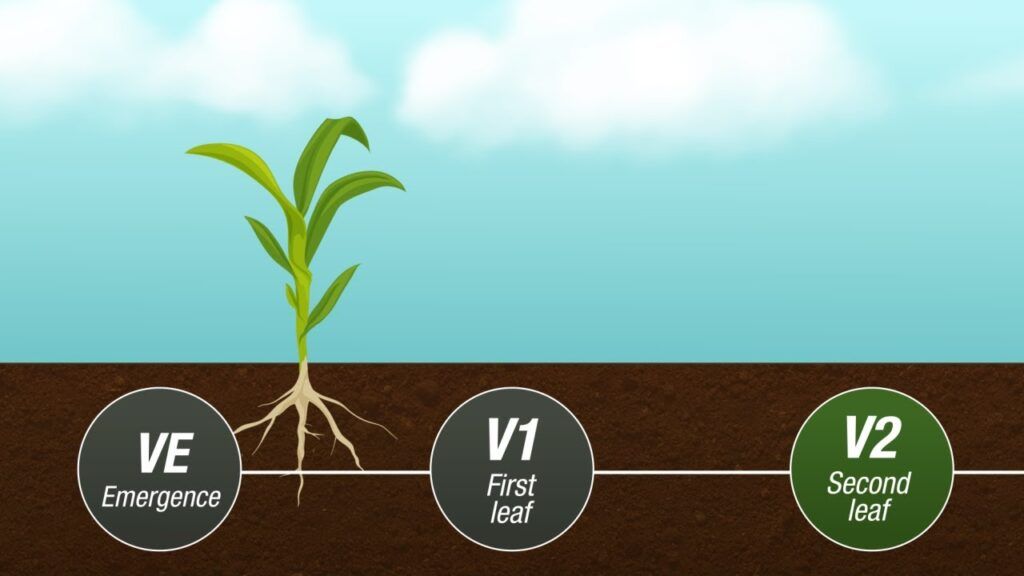
Field Insights
Corn Fungicide Timing
Maximize the impact of fungicides with timely applications to protect corn when it's most vulnerable to...
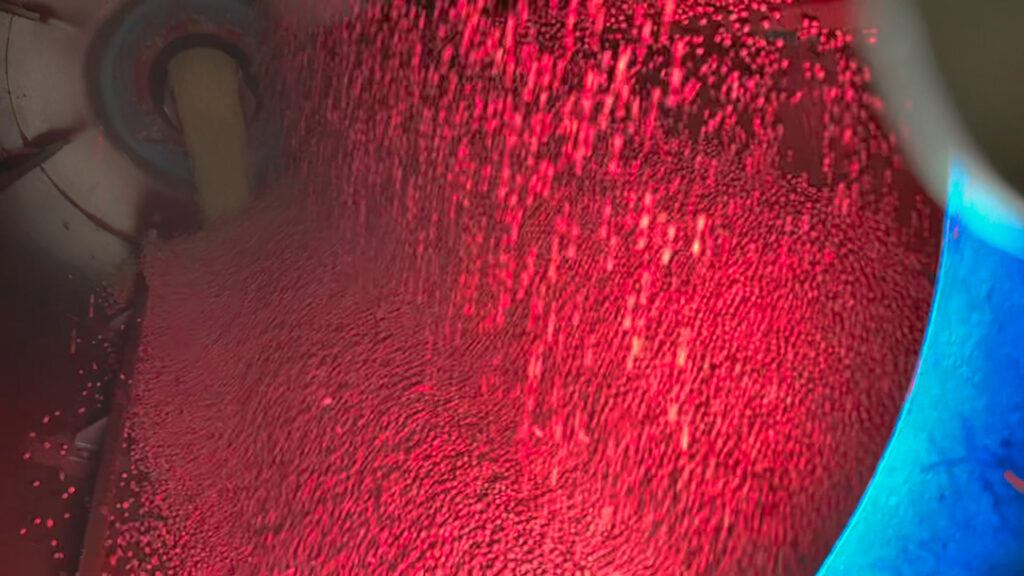
Field Insights
Setting Seedlings Up For Success
Experts from The Seedcare Institute dive into what makes seed treatments a worthwhile investment for every...
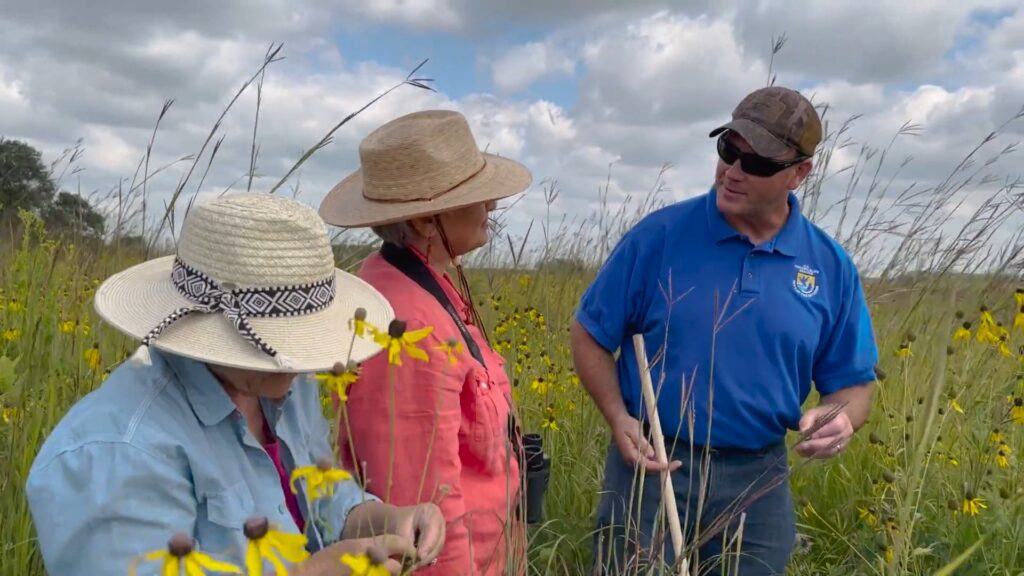
Community & Culture
Stewardship: A Bouska Family Tradition
Sisters and co-owners of Highland Farm continue their family’s legacy of stewardship with pollinator habitats and...
Planting

Field Insights
Don’t Let Weak Roots Limit Your Crops’ Growth
Cereal and pulse crop planting is right around the corner, so you may be monitoring the...

Field Insights
Help Support Uniform Stand Establishment for Cereal and Pulse Crops
When thinking about planting wheat, be sure to consider how to help ensure even emergence and...

Field Insights
Planting Tips for a Successful Corn and Soybean Season
There are very few constants in farming, especially when it comes to planting. Soil temperature, moisture...
















